Holistic cancer care takes a comprehensive and integrated approach to addressing the needs of individuals facing cancer. Unlike traditional medical treatments that focus solely on the physical aspects of the disease, a holistic approach to cancer care acknowledges the interconnectedness of the mind, body, spirit, and emotions in promoting overall well-being and healing. It emphasizes personalized care that considers not only the cancer itself but also the individual’s lifestyle, mental health, emotional state, and support system.
What is Holistic Cancer Care?
Holistic cancer care encompasses a range of approaches aimed at supporting the whole person throughout their cancer journey. It goes beyond conventional treatments like chemotherapy, surgery, and radiation therapy to incorporate complementary therapies, lifestyle modifications, emotional support, and spiritual practices.
Top 5 Holistic Approaches to Cancer Care
Nutrition and Diet
A balanced and nutrient-rich diet is essential for supporting overall health and cancer treatment. Specific foods and nutrients can boost the immune system, help manage treatment side effects, and promote recovery.
Benefits
- Boosted immune system
- Improved treatment tolerance
- Enhanced recovery and healing
Physical Activity and Exercise
Regular physical activity and exercise offer numerous benefits for cancer patients. They can improve strength, stamina, mood, and overall quality of life while also helping manage fatigue and other treatment-related issues.
Benefits
- Increased strength and stamina
- Elevated mood and well-being
- Better quality of life during and after treatment
Mental and Emotional Well-being
Addressing mental and emotional well-being through techniques such as stress management, anxiety reduction, and counseling is crucial in holistic cancer care. These approaches can improve coping abilities, reduce psychological distress, and enhance treatment outcomes.
Benefits
- Reduced stress and anxiety levels
- Improved coping skills
- Enhanced treatment adherence and participation
Complementary Therapies
Complementary therapies like acupuncture, massage, aromatherapy, and yoga can complement conventional cancer treatments. They offer benefits such as symptom management, stress reduction, and improved overall well-being.
Benefits
- Symptom management (e.g., pain, fatigue, nausea)
- Reduced stress and anxiety
- Enhanced quality of life and relaxation
Spiritual Healing
Spiritual practices such as meditation, prayer, and mindfulness play a significant role in holistic cancer care. They provide a sense of meaning, hope, and resilience, supporting emotional and spiritual well-being throughout the cancer journey.
Benefits
- Sense of meaning and purpose
- Emotional support and comfort
- Enhanced resilience and coping abilities
Benefits of a Holistic Approach To Cancer Care
Improved Quality of Life
A holistic approach focuses on enhancing overall well-being, leading to a better quality of life for individuals facing cancer. By addressing physical, emotional, mental, and spiritual aspects, patients experience a more balanced and fulfilling life despite the challenges of treatment.
Enhanced Treatment Outcomes
Integrating holistic practices alongside conventional treatments can improve treatment outcomes. This comprehensive approach supports the body’s natural healing mechanisms, boosts immunity, reduces treatment side effects, and enhances the effectiveness of medical interventions.
Empowerment and Active Participation
Holistic cancer care empowers patients to take an active role in their health journey. Through education, support, and personalized care plans, individuals gain a deeper understanding of their condition, make informed decisions, and feel empowered to manage their symptoms and recovery.
Comprehensive Support System
A holistic guide to wellness and approach provides a comprehensive support system that addresses not just the physical aspects of cancer but also the emotional, mental, and spiritual needs of patients and their families. This holistic support fosters resilience, coping skills, and a sense of community during challenging times.
Long-Term Wellness and Survivorship
Beyond initial treatment, holistic cancer care emphasizes long-term wellness and survivorship. By promoting healthy lifestyle habits, stress management techniques, and ongoing support, individuals can transition into post-treatment life with a focus on optimal health, prevention of recurrence, and continued well-being.
Challenges and Considerations
- Integration with Conventional Medicine: Ensuring coordination between holistic and conventional treatments.
- Access to Holistic Services: Availability and affordability of complementary therapies.
- Evidence-Based Practices: Emphasizing scientifically validated holistic approaches.
- Patient Preferences and Beliefs: Respecting individual preferences and cultural beliefs.
- Educational Needs: Providing education about holistic options to patients and healthcare professionals.
- Standardization and Regulation: Establishing clear guidelines and certifications for holistic practitioners.
Want To Experience a Holistic Approach To Cancer Care?
Consult a holistic care provider to experience the benefits of holistic cancer care and improve your well-being. Start your journey towards holistic wellness today with Madhavi Parikh for a compassionate, personalized consultation.
Conclusion
FAQs
What are some of the founding principles of holistic care?
Education, Encouragement, and Empowerment form the bedrock of holistic care. It is also important to know and understand that each of us has an innate potential to heal within ourselves. The disease is only a small part of the person. Care also considers the person first and then the disease. Care is focused on healing and addresses all aspects of a person’s life—mind, body, spirit, family, community, and environment.
What types of treatment are involved in holistic care?
Lifestyle factors that take into account the whole person is what holistic care is about. It safely and effectively integrates conventional treatment with CAM modalities in a manner that speaks to the person. This includes but is not limited to optimizing diet, exercise, psychotherapy, sleep, etc., along with the appropriate CAM such as acupuncture, yoga, qi-gong, massage therapy, and herbal medicine.
How do I choose the right holistic care provider for myself or my loved one?
The right provider is a good mix of head and heart. They will spend enough time with you to listen to you with kind attention and curiosity so as to better understand what matters most to you. They will have the time to answer all your questions and take into account all aspects of your Spiritual, Physical, Intellectual, and Mental/Emotional health.
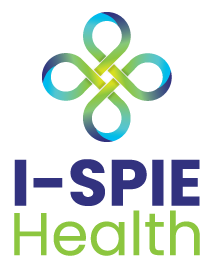

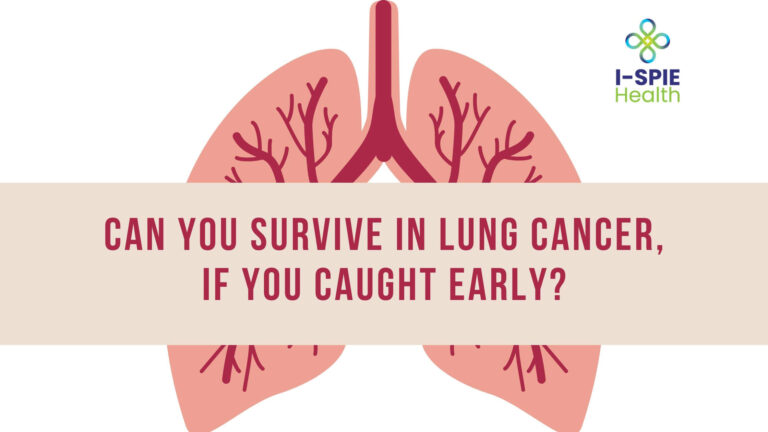
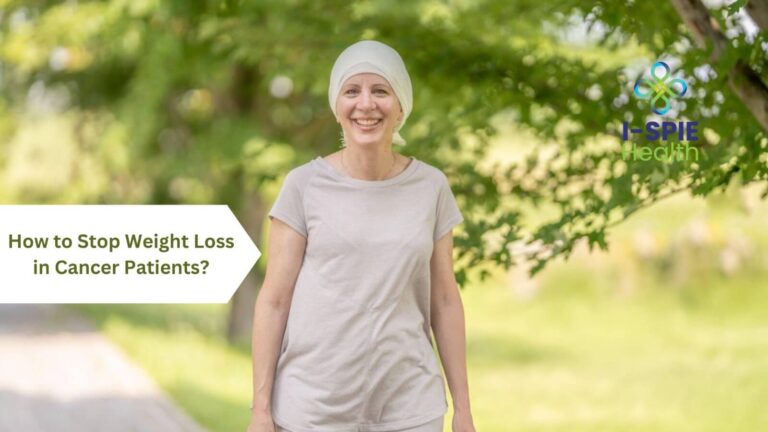
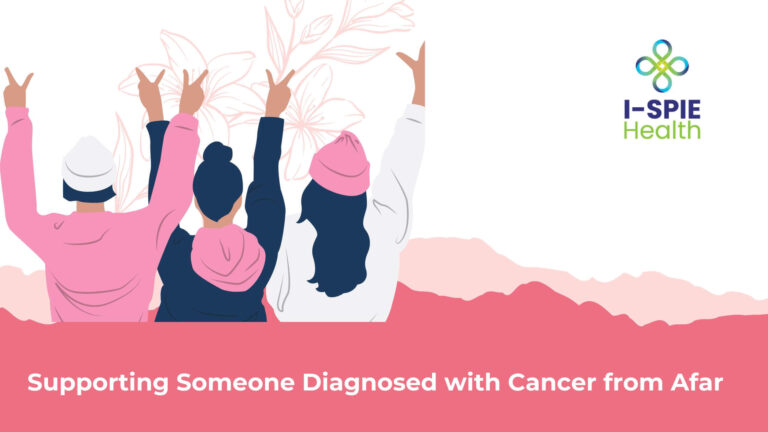
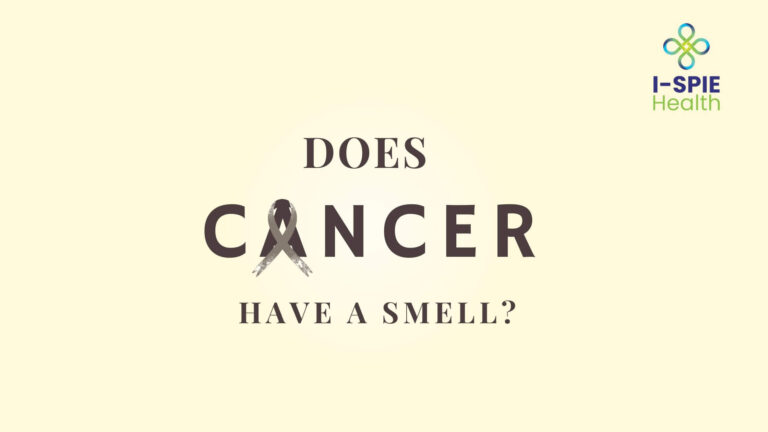
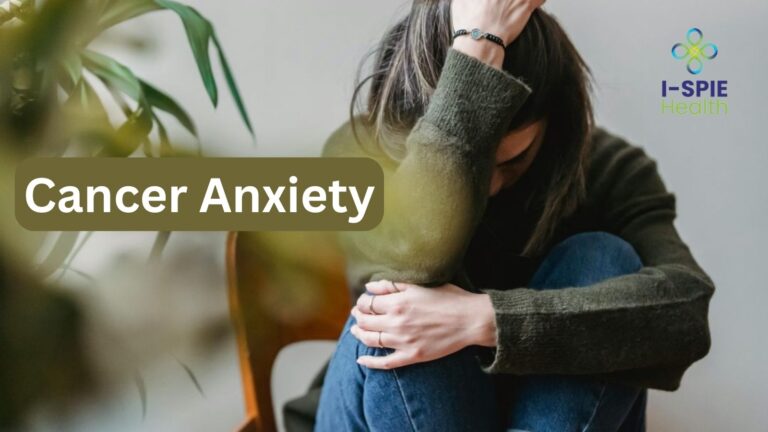

5 Comments